Lab sustainability is increasingly at the forefront of decision making in science centres around the world, as evidenced by the Royal Society of Chemistry’s (RSC) Sustainable Labs report and the high level of interest in the RSC Sustainable Lab grants.
In this hour-long webinar – broadcast live with interactive elements on September 16, 2024 – we hear from recipients of the first round of the RSC Sustainable Labs grant whose projects seek to answer questions in topics areas including solvent choices and reuse of single use plastics. Our guests go on to talk about the problems they’re trying to solve and how findings from their initial results can be actioned.
- Christina Picken speaks about her project: Sustainable solvent alternatives for gel permeation chromatography
- Helena Rapp Wright speaks about her project: Making trace environmental analysis greener – a (not) single-use plastic approach
By watching this webinar, you will learn how chemical scientists are looking to solve challenges faced when making more sustainable choices in the lab. You will also hear perspectives on the broader challenges in sustainable labs and efforts by the wider research community – including major funders – to drive more sustainable laboratory practices.
The webinar provides useful and actionable information as well as highlighting the opportunity to apply for the second round of RSC Sustainable Laboratories grants.
Speakers
Martin Farley
Martin started as a technician and researcher, however his interests in sustainability led him to take an alternate career path focused on making research and science more sustainable. Currently, Martin is the UK Research & Innovation associate director of environmental sustainability programmes. Prior to joining, Martin founded the laboratory efficiency assessment framework (Leaf) programme at University College London, UK, and has worked at the University of Edinburgh, UK, King’s College London, UK, and as a consultant.
Christina Picken
Christina is a postdoctoral research associate at the Sustainable Materials Innovation Hub at the University of Manchester, UK (UoM). Her work focuses on the synthesis and testing of bio-based and degradable polymers for liquid formulations. She earned her undergraduate degree at the University of Reading, UK, which included a year in industry at Johnson Matthey, where she worked in fuel cell R&D. She then completed a PhD at University College London, UK, exploring polymeric pharmaceutics. She is passionate about building sustainability into research, achieved the first gold Leaf lab award at UoM and helps lead lab sustainability efforts across the university. She actively supports outreach activities and events which promote equality, diversity and inclusion within Stemm.
Helena Rapp Wright
Helena is a postdoctoral researcher at Imperial College London, UK, within the Emerging Chemical Contaminant Group. Her research interests lie in the broad areas of analytical and environmental chemistry, mainly wastewater analysis, contaminants of emerging concern and sustainability. She earned her BSc in chemistry at the University of La Laguna, Spain and an MRes in forensic science at King’s College London, UK. Following her MRes study, she worked at LGC for two years in the small molecules department for bioanalytical sciences. Helena completed a PhD at Dublin City University, Ireland, and part-time at King’s College London, UK, researching contaminants of emerging concern in environmental water samples.
Sustainable Laboratories Grant and report
The RSC Sustainable Laboratories Grant opens for a second round in September 2024. The grant aims to accelerate the chemical sciences community’s journey to environmentally sustainable research and innovation. Grants of up to £10,000 are available for activities to advance understanding, increase take-up of environmentally sustainable laboratory practices in the chemical sciences, and facilitate sharing of best practice.
The RSC Sustainable Laboratories report shows how chemical scientists around the world are acting to reduce the environmental footprint of their research, while delivering ground-breaking discoveries and innovation to make the world a better place. The report shares the barriers and trade-offs they face in making sustainability-related changes, and the many opportunities for collaboration and other positive action.
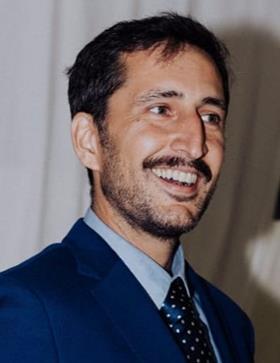
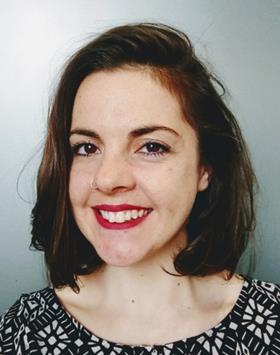
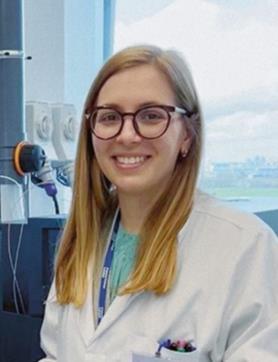

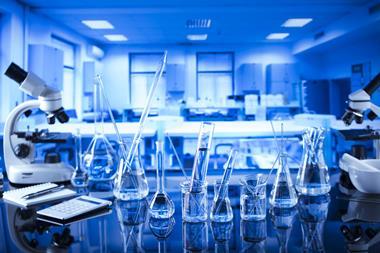



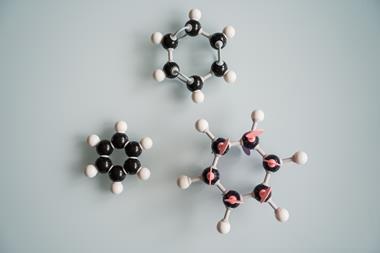
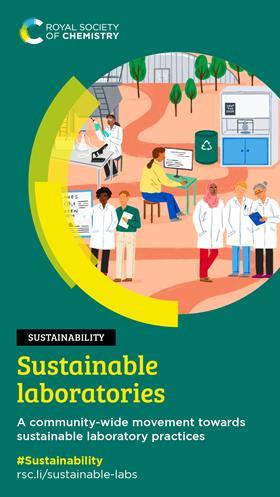





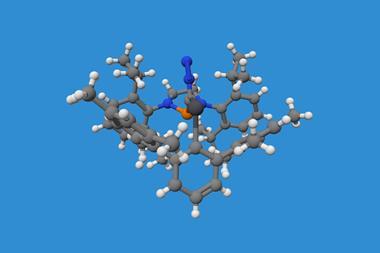
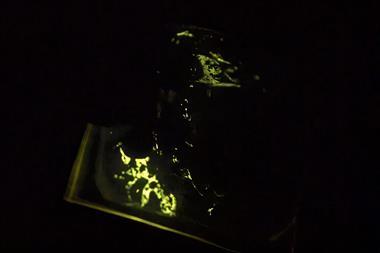




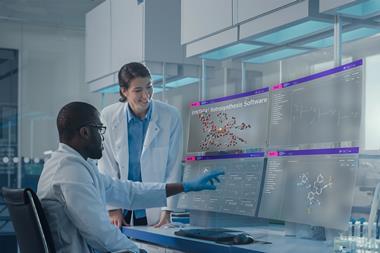
No comments yet